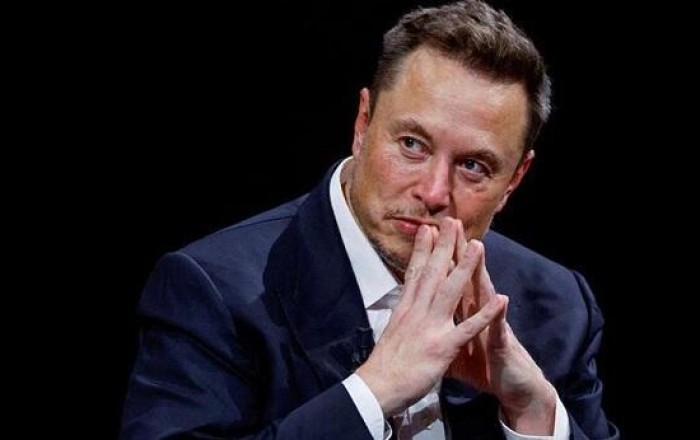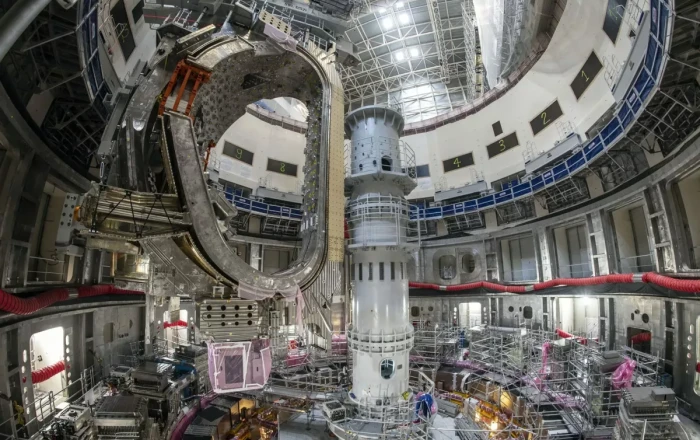Romanian Prime Minister Marcel Ciolacu announced the government's formal support for SpaceX’s satellite internet technologies following a series of successful Starlink trials conducted in the country.
The decision, revealed in a post on social media platform X, signals Romania’s intent to play a leading role in revising outdated international satellite regulations, Caliber.Az reports via foreign media.
"In light of the positive results of the world’s first test of its kind conducted by SpaceX in Romania, the Romanian government fully supports the development of new NGSO satellite technologies and mandates ANCOM to analyze and actively promote the revision of current international regulations regarding the EPFD limits,” Ciolacu wrote.
In light of the positive results of the world’s first test of its kind conducted by @SpaceX in Romania 🇷🇴, @GuvernulRo fully supports the development of new NGSO satellite technologies and mandates @ANCOM_RO to analyze and actively promote the revision of current international…
— Marcel Ciolacu (@CiolacuMarcel) April 29, 2025
The trials, authorized last year by Romania’s telecom market regulator ANCOM, tested the feasibility of easing global regulatory limits that govern non-geostationary satellite orbit (NGSO) systems like Starlink. These rules, dating from the 1990s, were designed to prevent interference with traditional geostationary satellites but are now viewed by industry leaders as a barrier to innovation.
PM @CiolacuMarcel: In light of the positive results of the world’s first test of its kind conducted by @SpaceX in Romania 🇷🇴, @GuvernulRo fully supports the development of new NGSO satellite technologies. https://t.co/YFgsXNwY7b
— Guvernul României (@GuvernulRo) April 29, 2025
According to ANCOM, “The test will simulate a potential increase in Starlink network capacity in the test area by approximately eight times more than current limits. With more efficient limits, all NGSO systems will be able to offer better service to Romanian citizens in the future while still protecting critical GSO services.”
SpaceX, along with other satellite operators such as Amazon, has long argued that existing limits are obsolete. The favorable outcome of the Romanian trials marks the first global test of its kind, potentially setting a precedent for regulatory reform worldwide.
Reacting to the Romanian government’s endorsement, SpaceX President Gwynne Shotwell stated, “This is an incredible step to help connect all Romanians with high-speed broadband internet.”
The Romanian government’s move comes despite a recent history of tension with SpaceX CEO Elon Musk. In late 2024 and early 2025, Musk repeatedly criticized Romania over the controversial cancellation of its presidential elections. On December 20, 2024, Musk commented on X, stating, “A judge cannot cancel the vote without being considered a dictator,” in response to the Romanian Supreme Court's decision to annul the results, citing alleged Russian interference.
Musk also amplified political messages from controversial figures. In February, he reposted a statement by far-right Romanian politician Călin Georgescu, denouncing the “Soros network” and asserting that “Romania deserves its own sovereignty.” The posts prompted backlash from Romanian officials, including a public response from a senior ANCOM representative.
Nevertheless, the government now appears determined to move forward with SpaceX on technological grounds, separating political disputes from opportunities for innovation and infrastructure advancement.
By Vafa Guliyeva
Source: caliber.az












